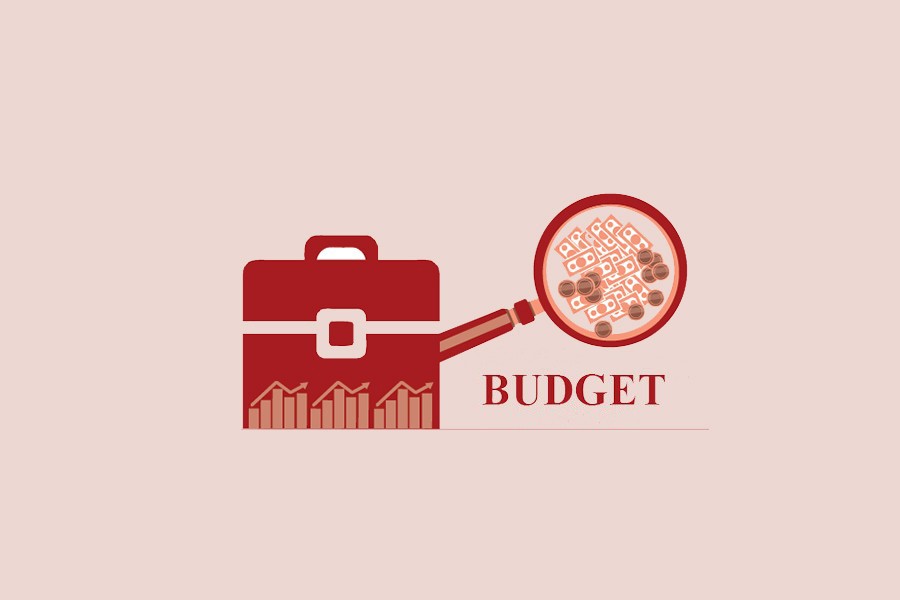Budget reactions
Targets realistic, say economists
Scope for legalising undisclosed money slated

Published :
Updated :

Eminent economists hail the proposed budgetary measures as realistic in the current economic context at home and abroad, save some reservations.
They are critical of an "ambitious" revenue target and retaining the scope for legalising undisclosed incomes as weak points of the budget proposed by the post-uprising government.
Dr Zahid Hussain, a former lead economist at the World Bank's Dhaka office, says the overall macroeconomic framework is realistic and there is a big difference between the outgoing and proposed budgets.
He quips that the growth projection set at 5.5 per cent could have been set at over 7.0 per cent had this budget been prepared by the previous government.
"I would say the target is within the ballpark," he told the FE in an instant reaction over the Tk7.9-trillion budget unveiled Monday.
In his critical appreciation of the budget, Mr Hussain finds realistic macro-projection as one distinguishing feature of this budget, but, at the same time, the arithmetic is "very tough".
He says the proposed Tk 7.90-trillion budget is not achievable. "If financing is not available, how do you implement the budget?"
Mr Hussain notes the revenue target is set at Tk 5.64 trillion. "How would you achieve that? Because, the government has never ever achieved even Tk 4.0 trillion in the past. The highest revenue you got so far is Tk 3.75 trillion in FY23."
He says the government has taken steps for mixed reforms in revenue sector. There are some very significant reforms which will increase revenue and there are some equally significant reforms which will decrease revenue.
He asks wherefrom the additional Tk 1.70-trillion revenue will come. "Revenue target of Tk 5.64 trillion is beyond any feasible range. The target has become very over ambitious."
Mr Hussain thinks the government's foreign-borrowing target can be achieved provided they can materialise the commitments in pipeline and secure the budget supports in discussion properly.
Regarding the domestic borrowing target of Tk 1.25 trillion, he says if the government can stay within the range, it may not have any additional pressure on bank-interest rate, provided the deposit growth gets back to normal.
However, if deposit growth is weak, the government's bank borrowing will still create pressure on interest rate, he predicts.
Chairman of the Policy Research Institute of Bangladesh (PRI) Dr Zaidi Sattar has termed the budget "very conservative", taking into consideration the present economic condition of the country.
He said the budget for FY26 had to address two major policy challenges-to tame inflation and prepare the economy for LDC graduation in Nov 2026.
"The budget outlay, revenue target, fiscal deficit, and its financing plan, are all in line, thanks to the heightened focus on macroeconomic stability rather than growth," he notes.
But, Mr Sattar adds, this budget falls short on making robust preparation for coping with the heightened competition "that our firms will be facing in global markets once we graduate out of LDC status".
Dr Zaid Bakht, a former research director at Bangladesh Institute of Development Studies (BIDS), says the main purpose of this budget is maintaining macroeconomic stability and some steps are there to contain inflationary pressures. The government is also giving importance to priority projects.
syful-islam@outlook.com


 For all latest news, follow The Financial Express Google News channel.
For all latest news, follow The Financial Express Google News channel.